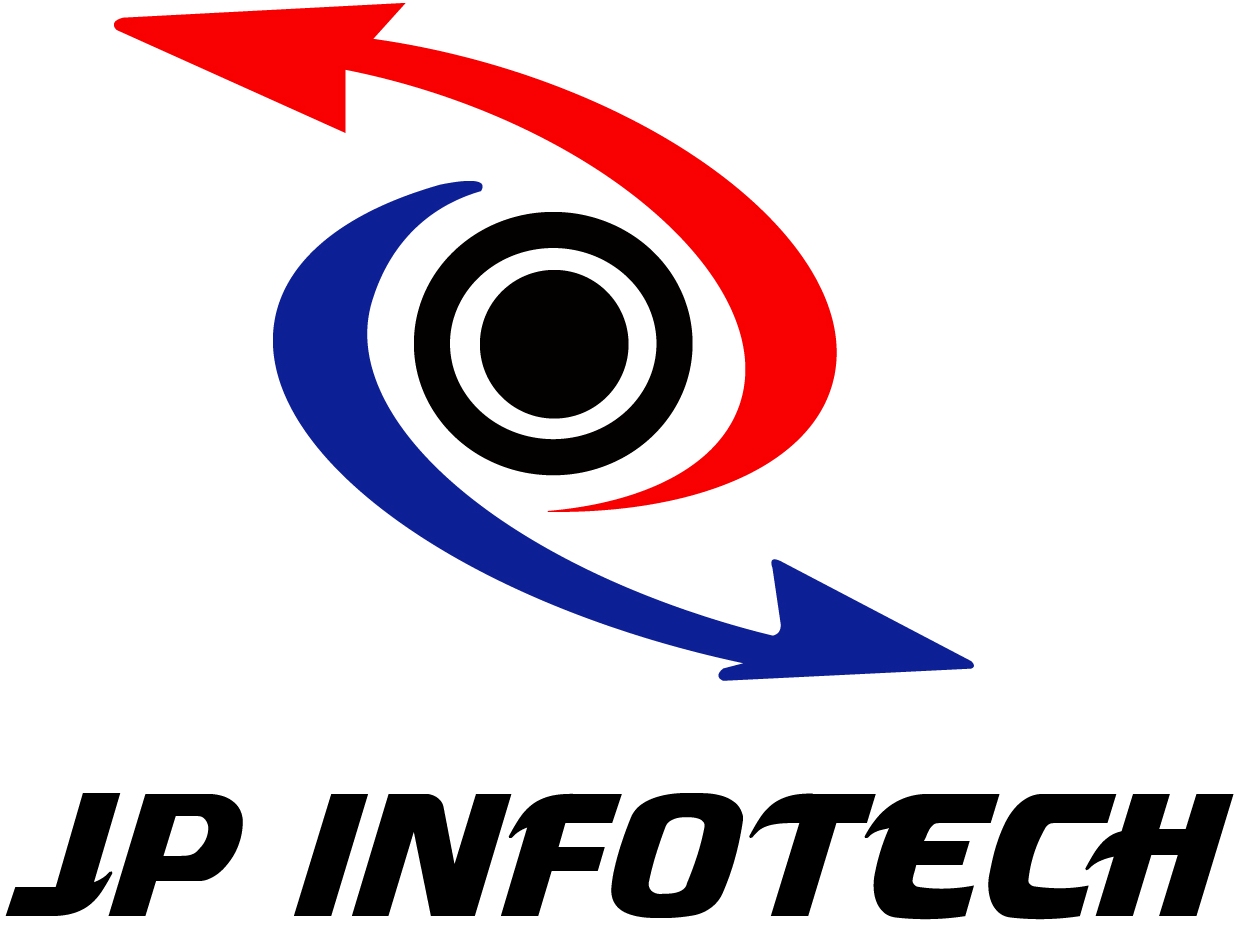Enabling
Dynamic Data and Indirect Mutual Trust for Cloud Computing Storage Systems
ABSTRACT:
Storage-as-a-Service offered by cloud service
providers (CSPs) is a paid facility that enables organizations to
outsource their sensitive data to be stored on remote servers. In this
paper, we propose a cloud-based storage scheme that allows the data owner to
benefit from the facilities offered by the CSP and enables indirect mutual
trust between them. The proposed scheme has four important features: (i) it
allows the owner to outsource sensitive data to a CSP, and perform full
block-level dynamic operations on the outsourced data, i.e., block
modification, insertion, deletion, and append, (ii) it ensures that authorized
users (i.e., those who have the right to access the owner’s file) receive the
latest version of the outsourced data, (iii) it enables indirect mutual trust
between the owner and the CSP, and (iv) it allows the owner to grant or revoke
access to the outsourced data. We discuss the security issues of the proposed
scheme. Besides, we justify its performance through theoretical analysis and a
prototype implementation on Amazon cloud platform to evaluate storage,
communication, and computation overheads.
EXISTING SYSTEM:
Commonly, traditional access control techniques
assume the existence of the data owner and the storage servers in the same
trust domain. This assumption, however, no longer holds when the data is
outsourced to a remote CSP, which takes the full charge of the outsourced data
management, and resides outside the trust domain of the data owner.
DISADVANTAGES
OF EXISTING SYSTEM:
CSP needs to be safeguarded from a dishonest owner,
who attempts to get illegal compensations by falsely claiming data corruption over
cloud servers. This concern, if not properly handled, can cause the CSP to go
out of business.
PROPOSED SYSTEM:
In this work, we propose a scheme that addresses important
issues related to outsourcing the storage of data, namely dynamic data, newness,
mutual trust, and access control.
The remotely stored data can be not only accessed by
authorized users, but also updated and scaled by the owner. After updating,
authorized users should receive the latest version of the data (newness property),
i.e., a technique is required to detect whether the received data is stale.
Mutual trust between the data owner and the CSP is another imperative issue,
which is addressed in the proposed scheme.
A mechanism is introduced to determine the dishonest
party, i.e., misbehavior from any side is detected and the responsible party is
identified.
Last but not least, the access control is
considered, which allows the owner to grant or revoke access rights to the
outsourced data.
ADVANTAGES
OF PROPOSED SYSTEM:
(i) It allows a data owner to outsource the data to
a CSP, and perform full dynamic operations at the block-level, i.e., it
supports operations such as block modification, insertion, deletion, and
append;
(ii) It ensures the newness property, i.e., the
authorized users receive the most recent version of the outsourced data;
(iii) It establishes indirect mutual trust between
the data owner and the CSP since each party resides in a different trust
domain; and
(iv) It enforces the access control for the
outsourced data
ARCHITECTURE:
ALGORITHM USED:
Broadcast Encryption Algorithm
SYSTEM
REQUIREMENTS:
HARDWARE
REQUIREMENTS:
·
System : Pentium IV 2.4 GHz.
·
Hard Disk : 40 GB.
·
Monitor :
15 inch VGA Colour.
·
Mouse :
Logitech Mouse.
·
Ram : 512 MB
·
Keyboard :
Standard Keyboard
SOFTWARE
REQUIREMENTS:
·
Operating System : Windows XP.
·
Coding Language : ASP.NET, C#.Net.
·
Database :
SQL Server 2005
REFERENCE:
Ayad Barsoum and Anwar Hasan, “Enabling
Dynamic Data and Indirect Mutual
Trust for Cloud Computing Storage Systems”, IEEE TRANSACTIONS ON PARALLEL AND
DISTRIBUTED SYSTEMS, 2013.




